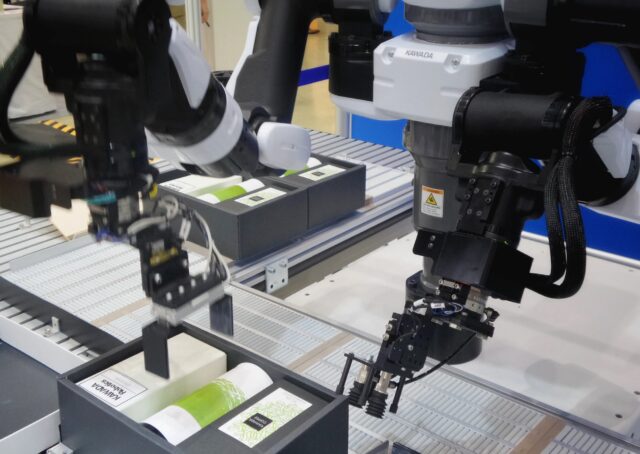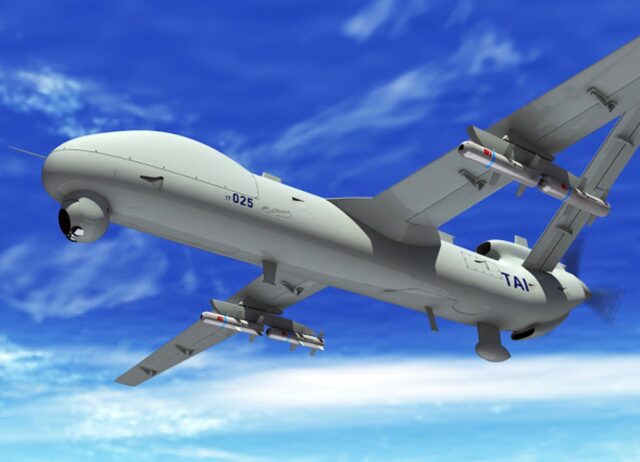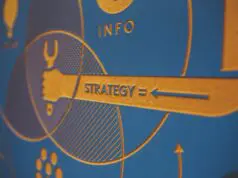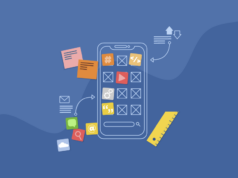
We are currently in the Big Data Age, the digital age where information flows freely for anyone with time to bother with it. In the midst of all this, there is another age slowly taking shape, the Artificial Intelligence(AI) era. Many believe that this will be the next evolution for mankind. Whether that bodes well or not for mankind, it is yet to be established. What we cannot ignore however is the fact that AI has changed the world for better and for worse.
Benefits of Artificial Intelligence
AI has changed how we humans work and interact with each other and everything around us. This has made living much easier in the following notable ways:
Increased Efficiency

AI machines are programmed to do a particular task with increased efficiency, no matter how repetitive it may be. Humans have had this weakness where they grow tired of performing the same thing over and over again. Artificial Intelligence has successfully dealt with that. On top of all that, these machines are able to go full throttle without stopping for days on end, unlike humans who have to rest and eat to replenish their energy.
Increased Accuracy
Whether it is spraying painting the chassis of a motor vehicle in an assembly line or controlling a robotic welding arm, please click here for more information, machines that run on AI are extremely accurate. Some are designed to solve highly complex equations in split seconds while others are able to operate big machinery without making a single mistake.
This has made AI technology indispensable in the medical field for instance where accuracy could be the difference between life and death. With time, it is believed that AI robots will be handling even complex surgical procedures without any human input.
They Have Cut Costs

The cost of hiring, training, paying salaries, and compensations for injuries are astronomical. In the past, Many factories have had to close down because of a huge wage bill or because they were sued into oblivion by a former employee. With AI machines, however, all this is in the past. These machines do not need training, all they need to perform optimally is a working program and they are good to go.
They Gather Data
Unlike humans who depend on experience to get better at what they do before declining again with age, AI machines are able to improve spontaneously and at a much faster rate by simply gathering data as they work. This is the reason why they are always undergoing updates in their programs every time which makes them better than before. This level of versatility has not only boosted production but it also lowers the general cost of running an assembly plant.
The Risks of Artificial Intelligence
As it is with everything created by man, Artificial Intelligence is not without its limitations and risks. Some of them include the following.
It is Unsustainable

The materials used to make the processors and most parts of the machines that run on AI are rare elements that are hard to find. The process of mining some of the elements like Lithium for the batteries and Selenium leaves nothing but destruction on the environment. As their demand increases, there is fear that areas, where these components are mined, will be too damaged to be reversed.
Lesser Jobs
When you have a single robot doing the work equivalent of 10 men then you are bound to have a problem. The human population is ever increasing but the jobs are dwindling. As more machines take over human work in manufacturing plants, the levels of poverty around the world are going to increase and this may lead to future chaos and civil unrest.
It Lacks Human Emotion
As much as intelligence is superior, without any emotions then there is very little good that can come out of it. Take for instance a situation where AI robots have been tasked with maintaining law and order. They may not have the emotion needed to spare a life or rationally analyze a situation and escalate it. Much of the programing that goes into making them is not that refined, Ai machines do not process emotions, all they see is black or white. This could pose a very huge problem in the future.

It Has Become Weaponized
Unmanned Aerial Vehicles, also called war drones, are being integrated with artificial intelligence. What this means for the future of the world is that there will be machines flying in the sky that will determine on their own whether you are a threat or not. Although such a world has mostly been fictionalized in movies, a reality where artificial intelligence is weaponized is no longer that far fetched. One day AI robots will be too advanced for humans.
Increased Hacking
Artificial Intelligence has made it possible for hackers to increase their abilities to hack computers and online accounts much easily. Using AI, it is now possible to create malicious sleeper codes that can be hidden within softwares making it hard for computers to detect them. These codes can self-activate at a later date and wreak havoc in machines. Despite the upgrading of cybersecurity, AI can be used to go around these security checks without any problems. As technology continues to advance, hackers are expected to get even more efficient with their activities. Better security solutions will have to be created to manage the advance of AI-based hacking.

Conclusion
The one thing about technology is that it always finds a way to move forward whether we wish for it or not. We may view Artificial Intelligence as a future threat with good reason but that will not stop humanity from forging ahead with it regardless of the outcome. Evolution has always been a game of chance and the step towards a future run by Artificial Intelligence is no different. All we can hope for is that our worst nightmares remain just that, nightmares.









